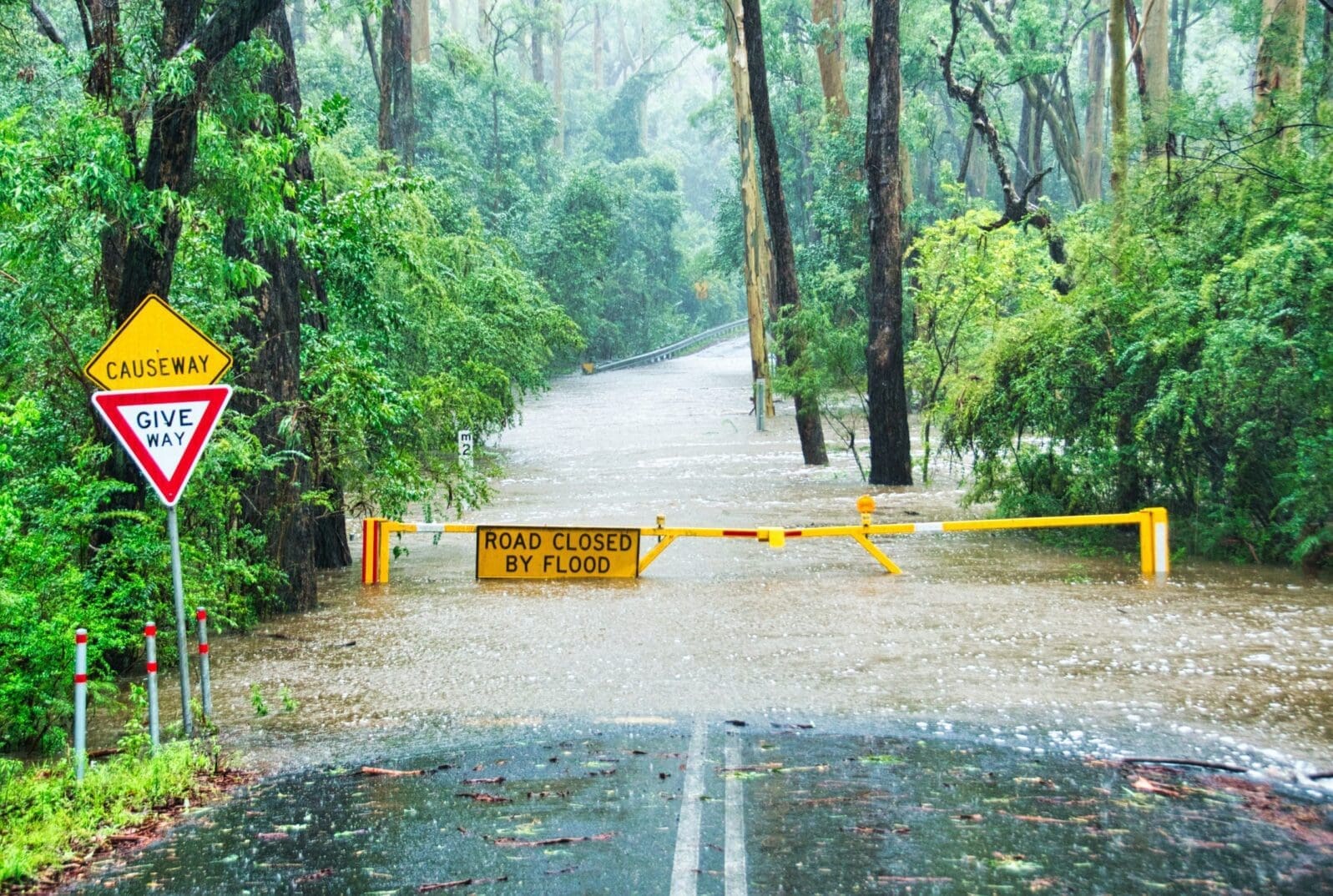The nation’s top health and medical researchers declare climate change to be an urgent health priority in a new statement.
Today, on World Health Day, the Australian Academy of Health and Medical Sciences launches Climate change: an urgent health priority at an event featuring some of Australia’s most eminent researchers, including Professor Warwick Anderson FAHA FASSA FAHMS, Professor Peter Doherty AC FRS FAA FAHMS, Professor Fiona Stanley AC FASSA FAHMS (Hon), and Professor Ian Anderson AO FASSA FAHMS.
The Academy, an independent body of the nation’s top health and medical research experts, released the statement to highlight how global warming has emerged as an unprecedented practical and ethical challenge to the health sector in Australia and globally. The associated risks to human health demand urgent action.
“It is no longer time for healthcare as usual,” said Professor Anderson, co-chair of the AAHMS Climate Change and Health Steering Committee. “Our health and wellbeing are under immediate threat. We are already seeing increased demands on sections of the healthcare system arising from extreme climate-related events.”
Examples of these health-related challenges include, but are not limited to, respiratory illness and burns from a more frequent and intense bushfire season, heat stress and heat stroke caused by increasing temperatures, shifting patterns of insect-borne infections resulting from heavier rainfall, temperature increases and river floods, and mental health challenges linked to changing and uncertain environments.
Over the past two years, the Academy has reviewed the evidence and convened discussion among sector leaders about the short, medium, and long-term impacts of climate change on health. It follows the recent release of the Sixth Assessment Report from the Intergovernmental Panel on Climate Change (IPCC), which found that global surface temperature will continue to increase warming of 1.5°C over the next 20 years.
At the current trajectory, the predicted level of global warming due to human activity will threaten the health and wellbeing of all the world’s population, disproportionally affecting people living in disadvantaged circumstances. Pregnant women, Aboriginal and Torres Strait Islanders, people with underlying health conditions, and our neighbours in the Indo-Pacific region face greater health impacts.
The Academy’s statement highlights the importance of health in climate policy, and equally climate change in health policy. It outlines steps the health and medical research sector can take to mitigate current and future threats to the health of Australians, including:
- Promoting recognition among decision-makers that climate change is a major and urgent Australian health issue with implications for health equity.
- Delivering health and medical research that further advances knowledge of the direct and indirect health impacts of climate change and enables monitoring and management of these impacts.
- Supporting cross-sector, interdisciplinary and ecological investigations that will bring about health co-benefits and prevent disease and debility resulting from the causes of climate change.
- Collaborating with First Nations communities and experts to learn from Indigenous knowledge practices that can inform Australia’s path forward and ensuring First Nations voices are amplified in each of the areas above.
AAHMS President Professor Ingrid Scheffer welcomed the Australian Government’s commitment to achieve net zero emissions by 2050. “The scientific evidence is clear – climate change represents one of the biggest threats to Australian health in the 21st century,” she said. “A well-defined, quick, and staged path to a net-zero world is needed to ensure the health and wellbeing of all Australians. The Australian Academy of Health and Medical Sciences is committed to supporting this endeavour and this statement outlines specific steps we will take to ensure we are playing our part.”

